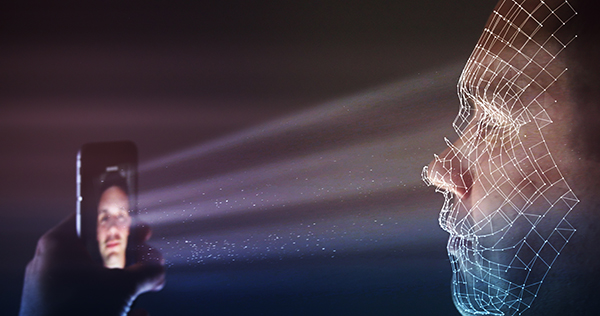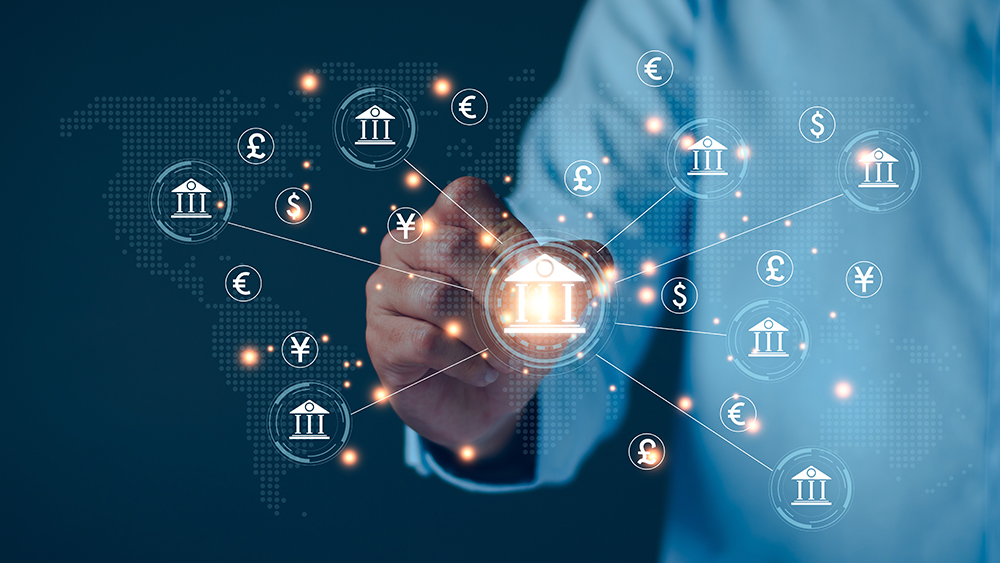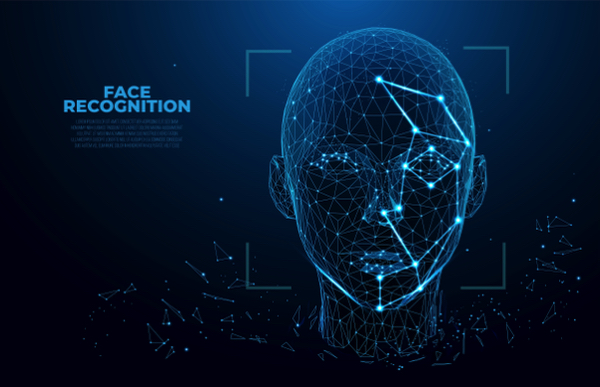JPMorgan to launch biometric payment system as next step in Orwellian financial surveillance
03/25/2024 / By Cassie B.

JPMorgan has announced that it will be launching a biometric payment system next year, helping it keep up with other major financial corporations like MasterCard and Visa.
The country’s biggest bank will be using PopID for the project, a technology that uses facial recognition and other methods to verify the identity of an individual.
Pilot projects are already underway, with one of the first trials taking place at the Formula 1 race in Miami. More trials are planned for this year, with a broad rollout expected to follow next year.
According to JPMorgan, this approach will be safer and quicker than traditional methods of authentication and will work in e-commerce as well as in-person checkouts. By incorporating biometrics into checkout, shoppers will not have to take the time to enter e-mail addresses for digital receipts or phone numbers to receive loyalty points, for example.
For stores, the bank is promising better customer loyalty and greater turnover, as well as a centralized place for accessing transactions. Although the system will be offered to all businesses, the bank is particularly pushing quick-service restaurants, convenience stores, grocery stores and event venues to embrace the technology.
The main benefit to JPMorgan is obvious: the opportunity to amass a treasure trove of biometric data. They will also be selling merchants tablets for processing the payments and collecting transaction processing fees. However, businesses will also have the option of supplying their own device; the bank says that a checkout counter simply needs a tablet with a camera that can take a picture of a shopper’s face to process the payment.
Users who are not afraid of sharing their biometric data with JPMorgan can enroll in the program and verify their identity using biometrics before they will be able to use this payment method at self-service machines and checkouts. They will have the option to use a palm, fingerprint, or face scan to complete their checkout.
In their announcement of the new system, JPMorgan noted that forecasts by Goode Intelligence indicate that biometric payments will reach 3 billion global users in the next two years and $5.8 trillion in value.
Many people are understandably hesitant to use this type of technology, and JPMorgan has assured customers it will be using best practices related to consent, privacy, data minimization and transparency. The executive director of biometrics and identity solutions at the bank, Prashant Sharma, said: “There is a perceived sensitivity towards biometrics. We feel that it is also our job to continue to create that confidence.”
JPMorgan also believes that as this approach enjoys greater adoption across a range of businesses, consumer confidence should increase.
Experts warn consumers about the dangers of biometrics
However, some experts have warned that the technology is not quite as secure as it may sound. Although it is true that a person’s face or palm cannot go missing the way that a credit card might, artificial intelligence technology is growing increasingly sophisticated and can be used even by those without much technological knowledge to make fake versions of an individual’s handprint, face, or voice to trick these payment systems. There is also the possibility that the databases where people’s biometric data is being stored could be hacked.
Once your biometric data has been stolen, you have very little recourse. While credit cards can be replaced, replacing your palm or face isn’t really an option.
People’s biometric data is some of the most sensitive data that exists, and it is crucial to protect it at all costs. Although banks and stores have a lot to gain by convincing people to embrace this technology, consumers have everything to lose.
Sources for this article include:
Submit a correction >>
Tagged Under:
banking, banks, biometrics, future tech, Glitch, JPMorgan, money supply, payment, privacy, privacywatch
This article may contain statements that reflect the opinion of the author
RECENT NEWS & ARTICLES
COPYRIGHT © 2017 PRIVACY WATCH NEWS



















